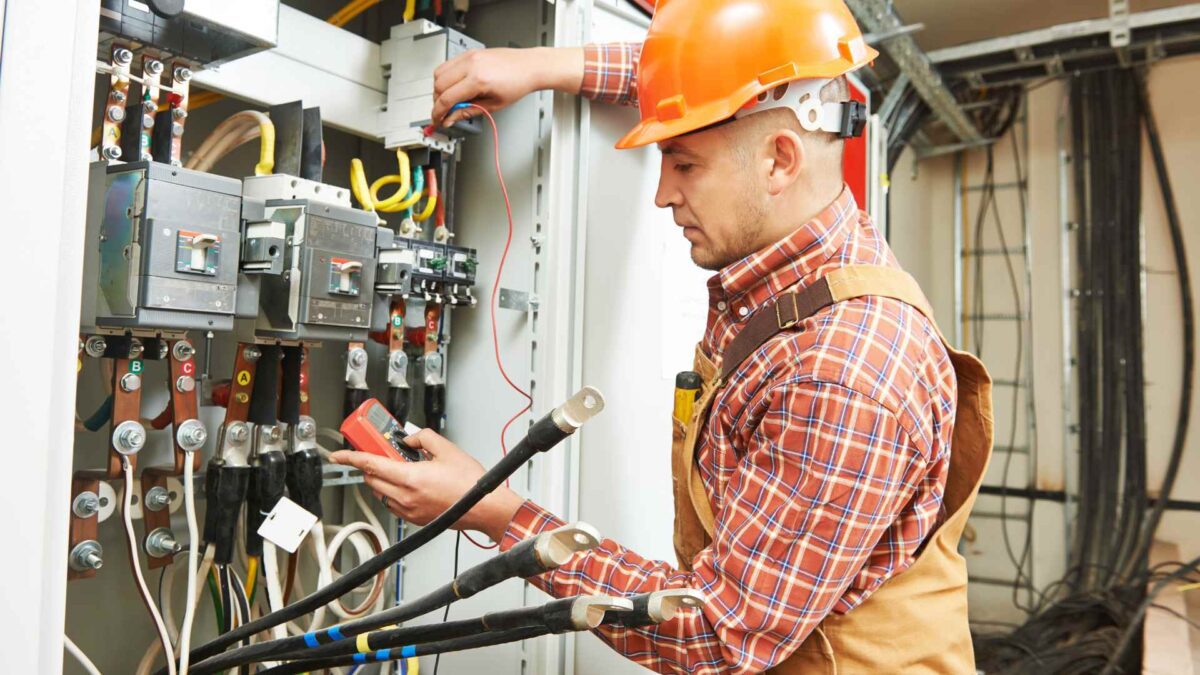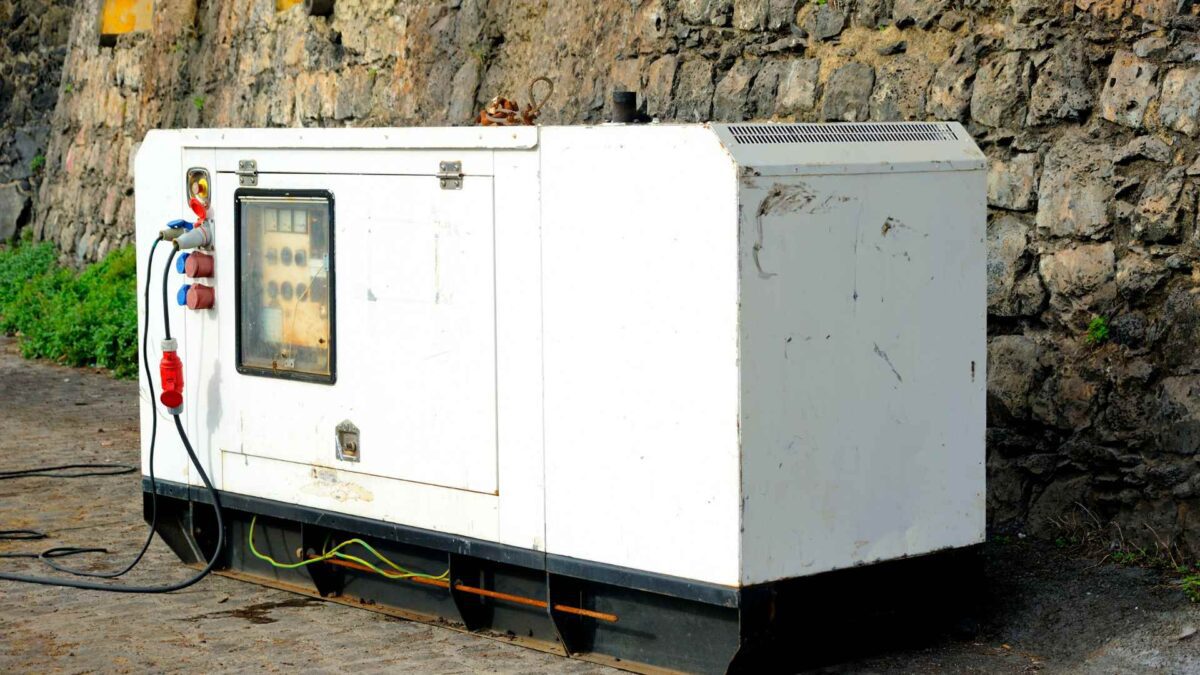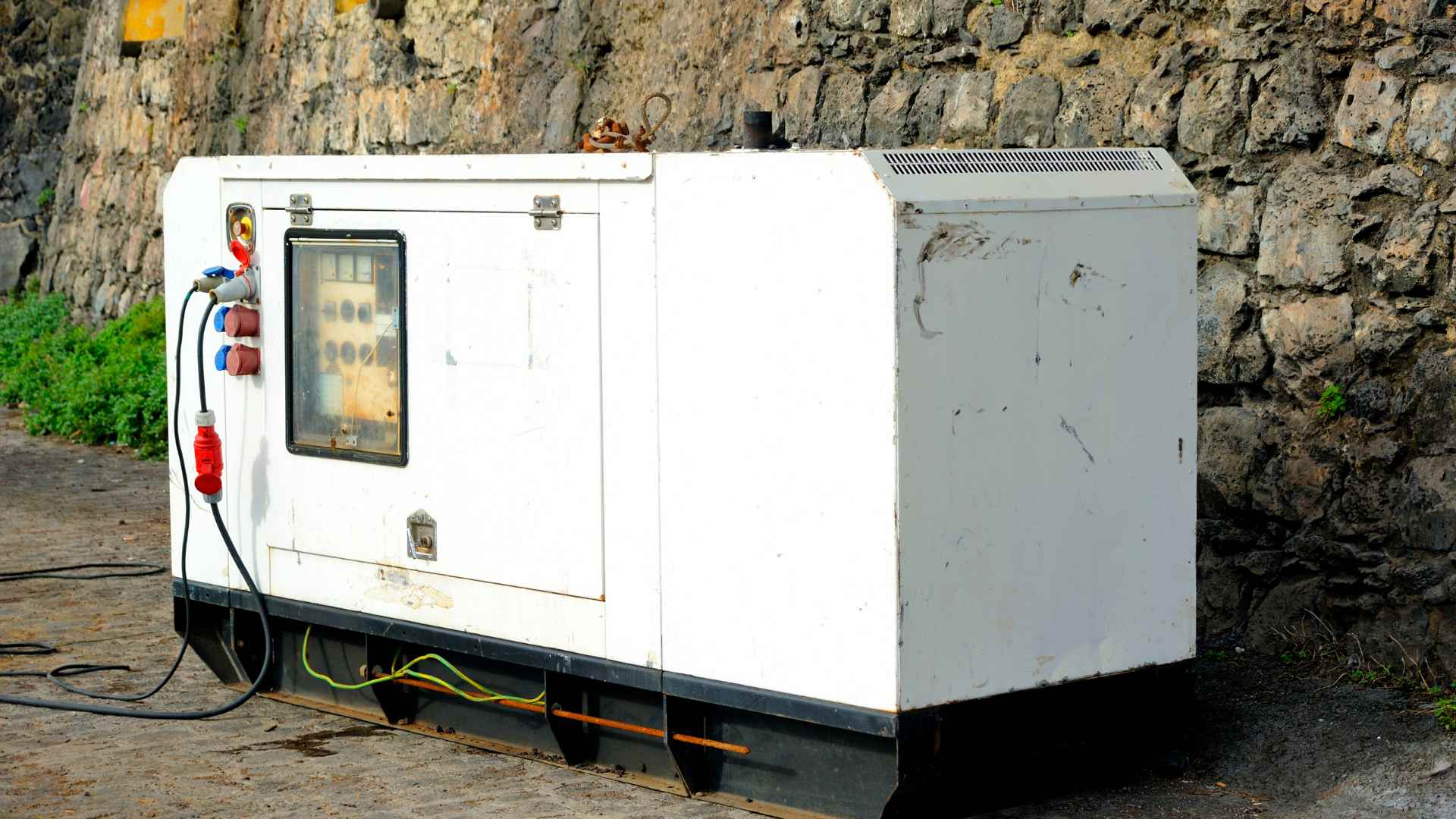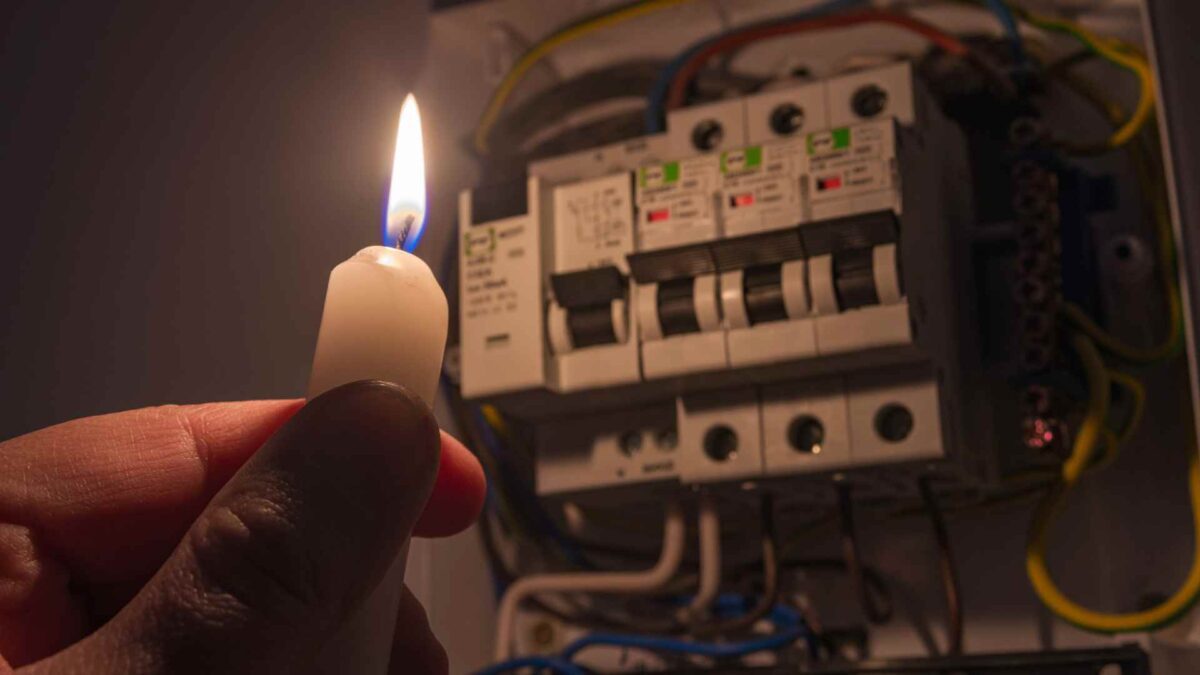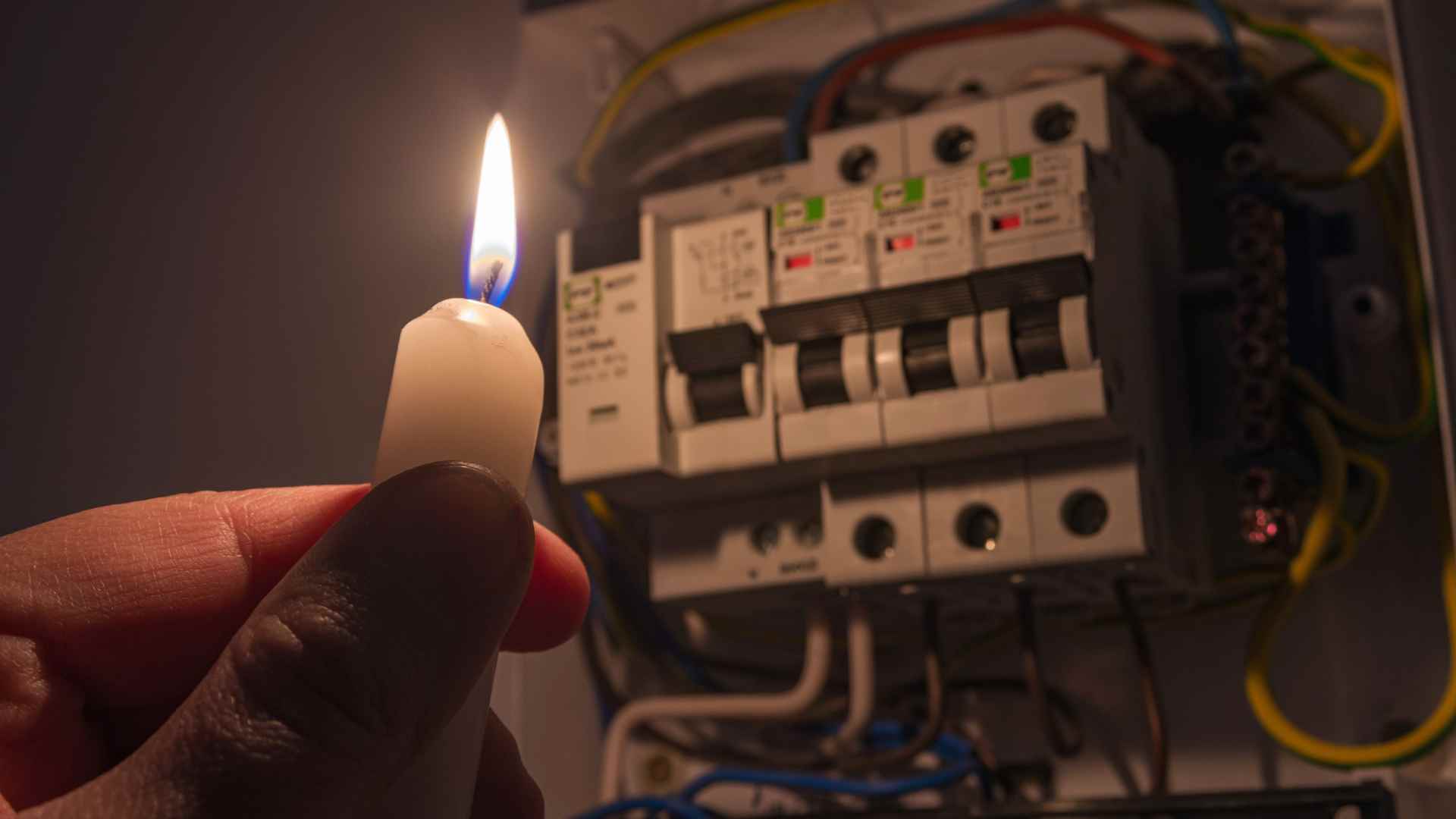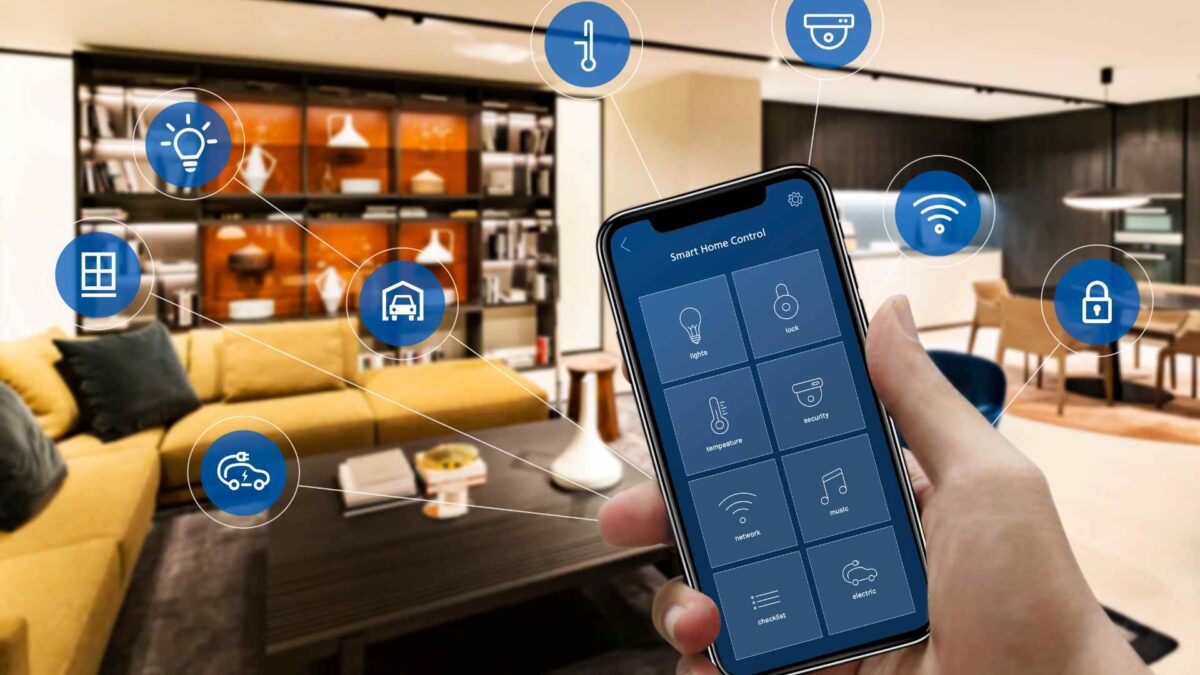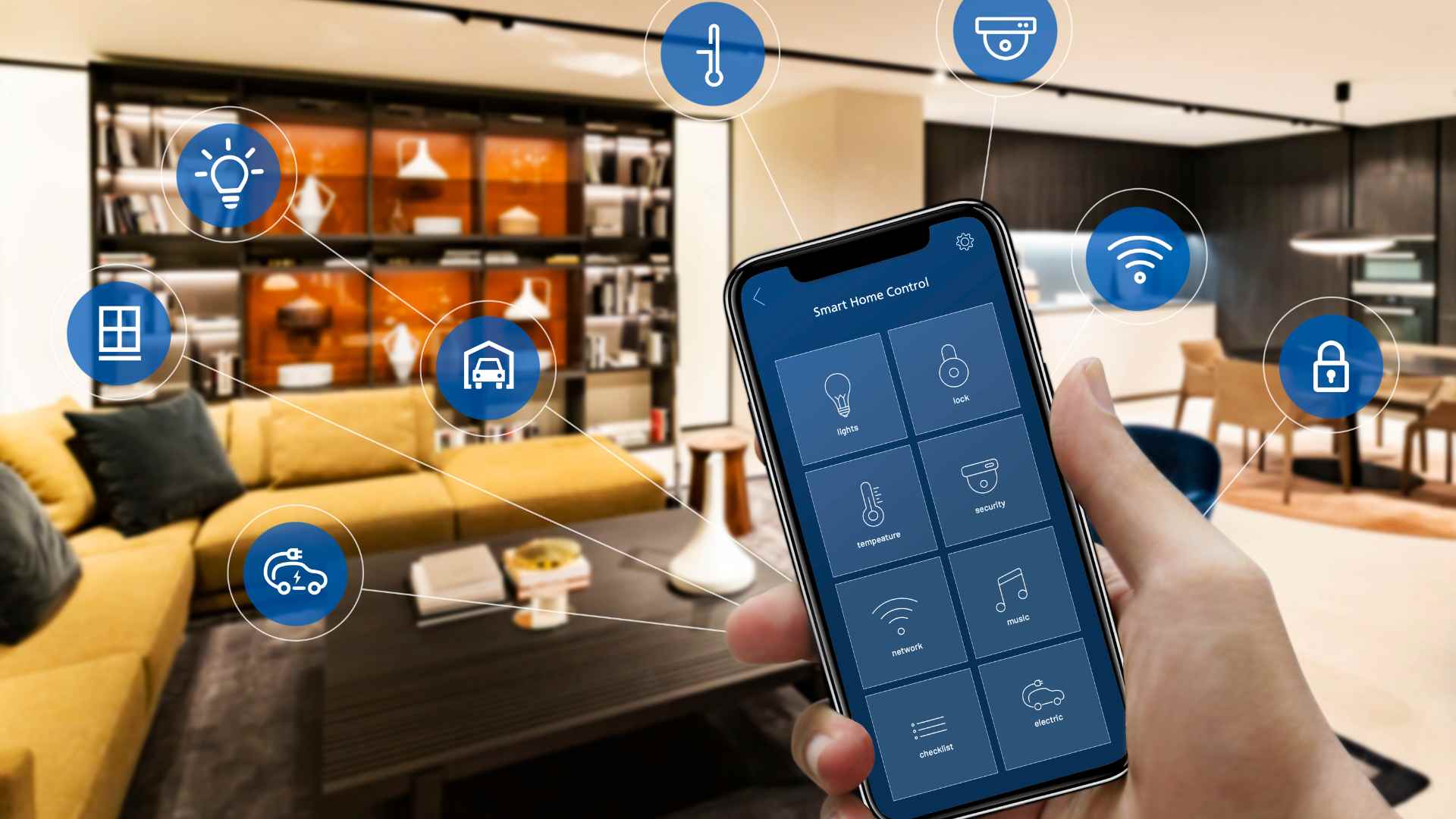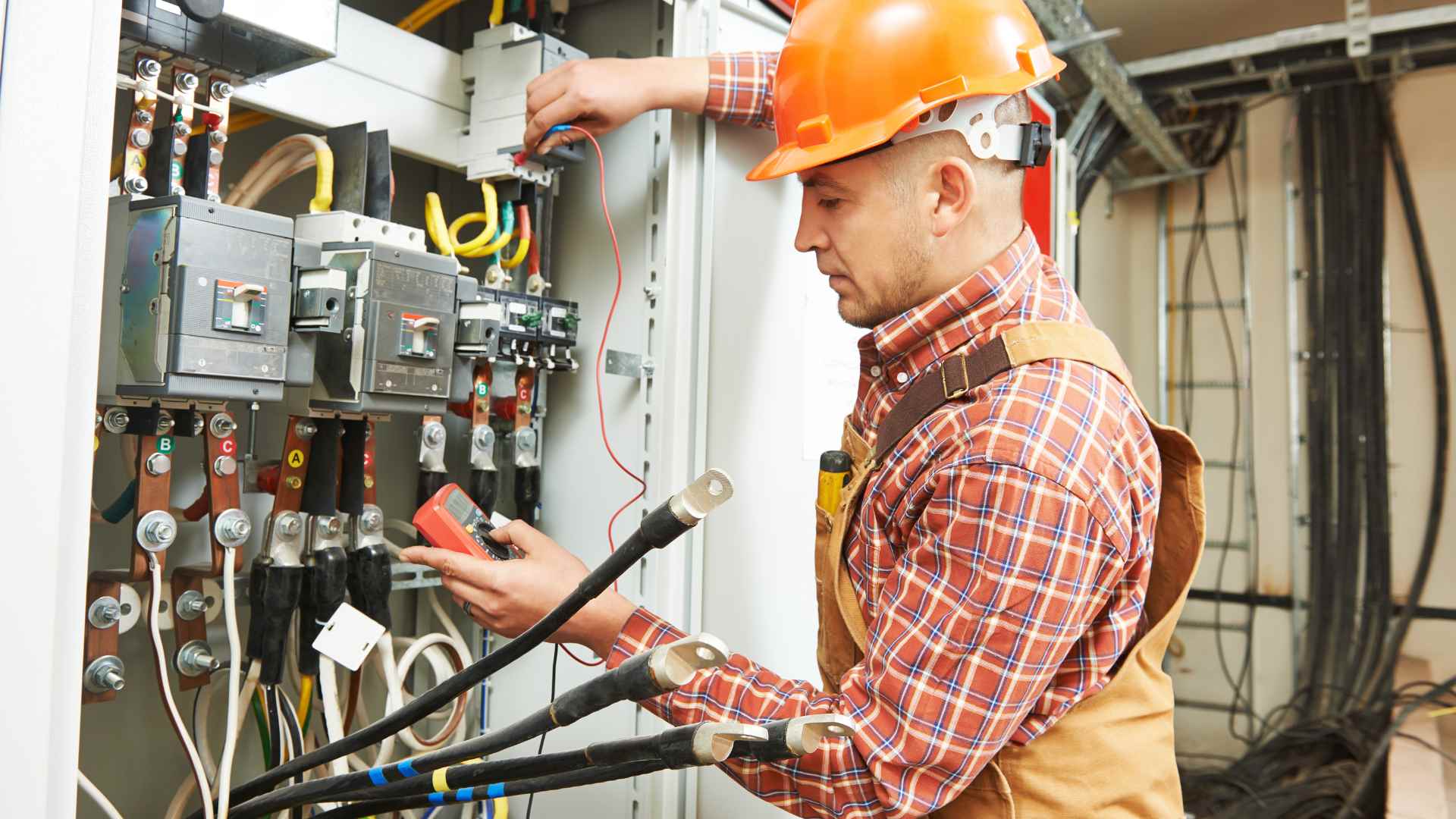
A Comprehensive Guide To Choosing The Right Electrician For Your Needs
In a world where electricity powers every aspect of our lives, the role of an electrician is more crucial than ever. From fixing a faulty switch to rewiring an entire building, the expertise of an electrician ensures the safety, functionality, and efficiency of our electrical systems. But with a sea of options, how do you choose the right electrician for your specific needs? In this guide, we’ll unravel the key considerations that will help you make an informed decision and find the perfect electrician for your project.
Understanding the Importance of Choosing the Right Electrician
The work of an electrician is intricate and pivotal to the safety of your home or business. Electrical issues can lead to hazards like fires, shocks, or damaged appliances if not addressed properly. Whether it’s a routine maintenance task or a major electrical project, finding the right electrician is essential to ensure that the job is done correctly and safely.
1. Verify Licensing and Insurance
The first step in choosing the right electrician is to ensure they are licensed and insured. A licensed electrician has undergone proper training and certification, demonstrating their competence in the field. Insurance provides protection against any damages or accidents that may occur during the project.
2. Assess Qualifications and Experience
Different electricians specialize in various areas, such as residential, commercial, industrial, or low-voltage systems. Assess the electrician’s qualifications and experience to ensure they have the expertise needed for your specific project. An experienced electrician is better equipped to handle unexpected challenges and provide effective solutions.
3. Check References and Reviews
References and reviews offer valuable insights into an electrician’s past performance. Ask for references from previous clients and take the time to read online reviews. Positive reviews and testimonials are indicators of a reliable and trustworthy electrician.
4. Evaluate Communication Skills
Effective communication is key to a successful project. A good electrician should be able to explain the scope of work, answer your questions, and provide updates throughout the project. Clear communication ensures that both parties are on the same page and that your needs are met.
5. Get Multiple Quotes
Obtaining quotes from multiple electricians gives you a clear understanding of the cost involved and allows you to compare services. While cost is an important factor, remember that quality and expertise should also be considered.
6. Inquire About Warranty
A reputable electrician stands by their work and offers warranties on the services provided. Inquire about the warranty period for the work performed. This reflects the electrician’s commitment to the quality and longevity of their work.
7. Consider Timelines
Discuss the timeline for your project with the electrician. A reliable electrician should be able to provide an estimate of how long the project will take. Keep in mind that while speed is important, quality should never be compromised.
8. Discuss Safety Measures
Safety should be a top priority. Inquire about the safety measures the electrician follows during their work. A responsible electrician adheres to safety protocols and ensures that their work complies with industry standards and regulations.
9. Gauge Professionalism and Attitude
Professionalism and attitude can greatly impact your experience with an electrician. A professional electrician is punctual, respectful, and treats your property with care. A positive attitude reflects their dedication to delivering quality service.
10. Seek Recommendations
Ask friends, family, or colleagues for recommendations. Personal referrals provide insights into the experiences others have had with specific electricians. Word of mouth is often a reliable way to find trustworthy professionals.
The Bottom Line
Choosing the right electrician is a decision that impacts the safety and functionality of your electrical systems. By considering factors like licensing, experience, references, and communication skills, you can make an informed choice that aligns with your needs and expectations. An adept electrician not only solves your electrical issues but also provides peace of mind that your home or business is in capable hands. Whether it’s a minor repair or a major installation, your choice of electrician can make all the difference in ensuring your electrical systems are powered up for success.

